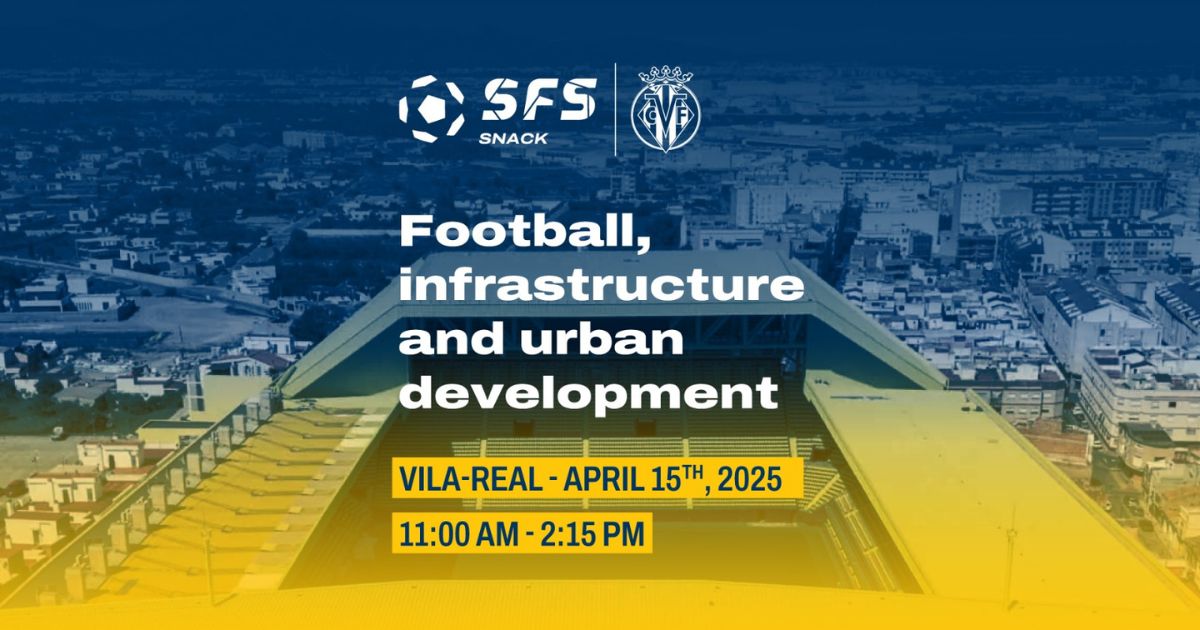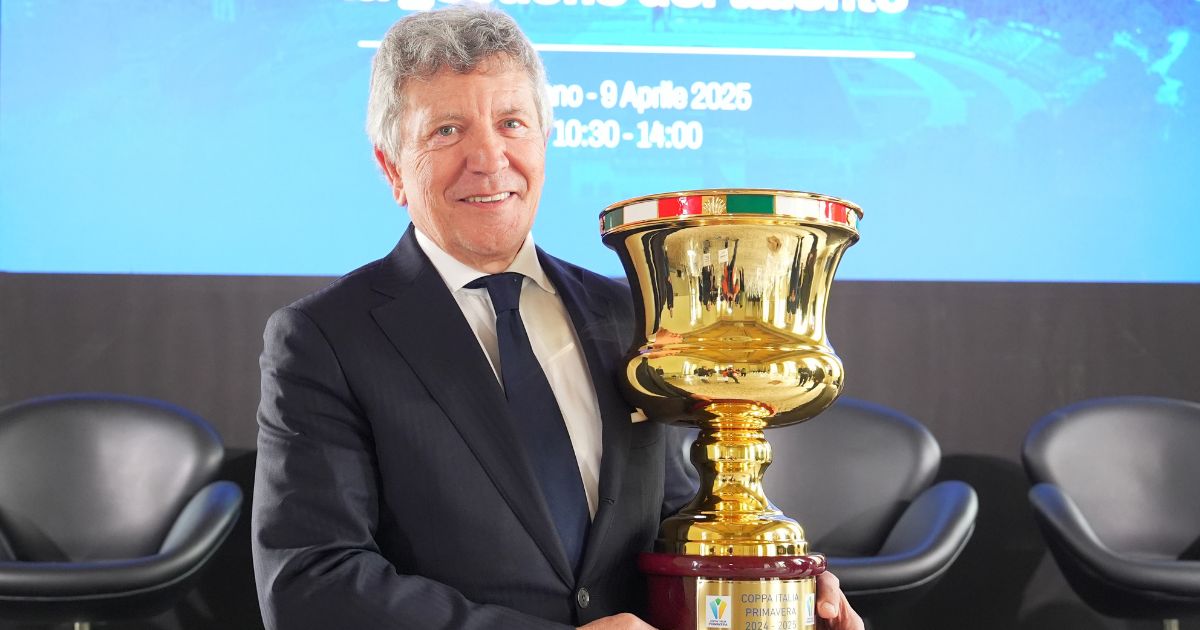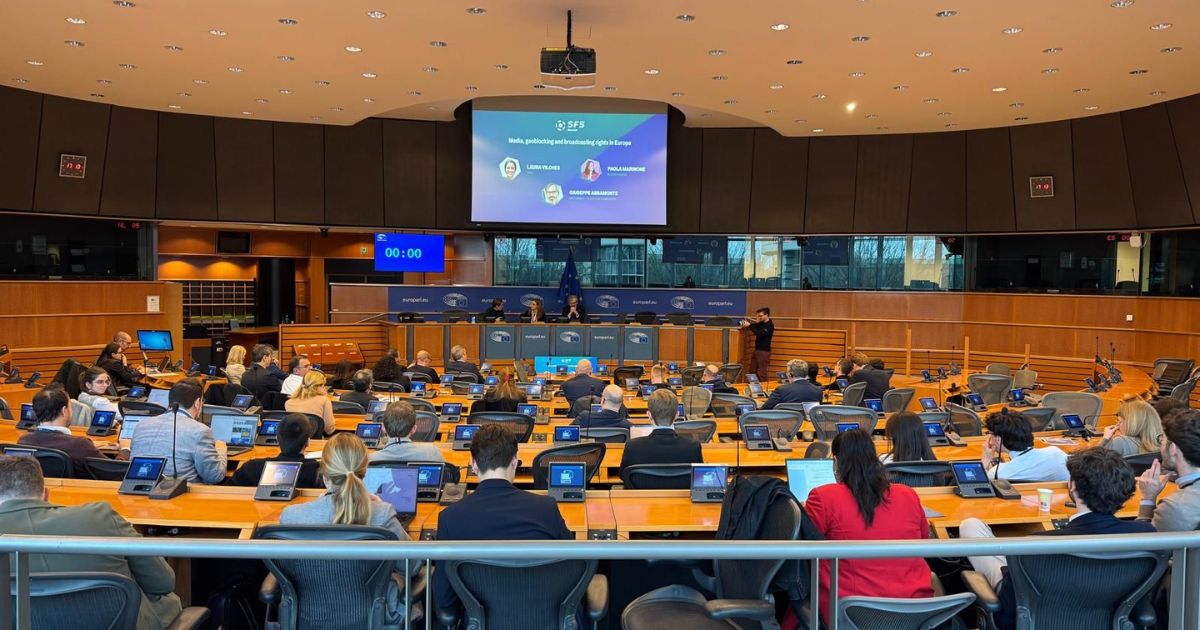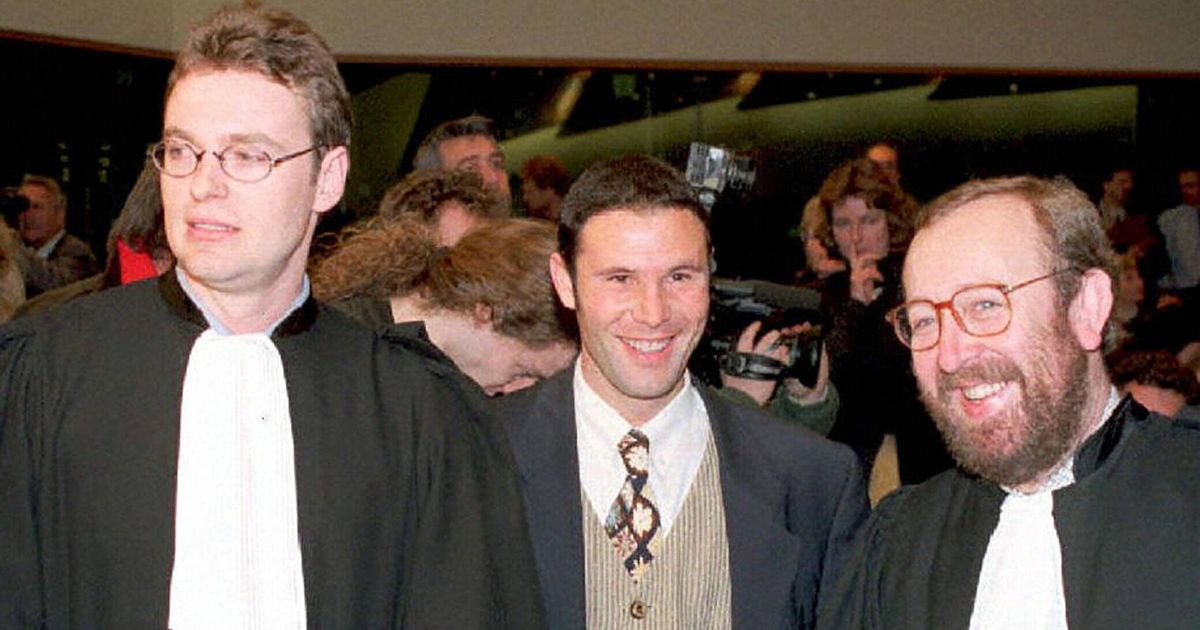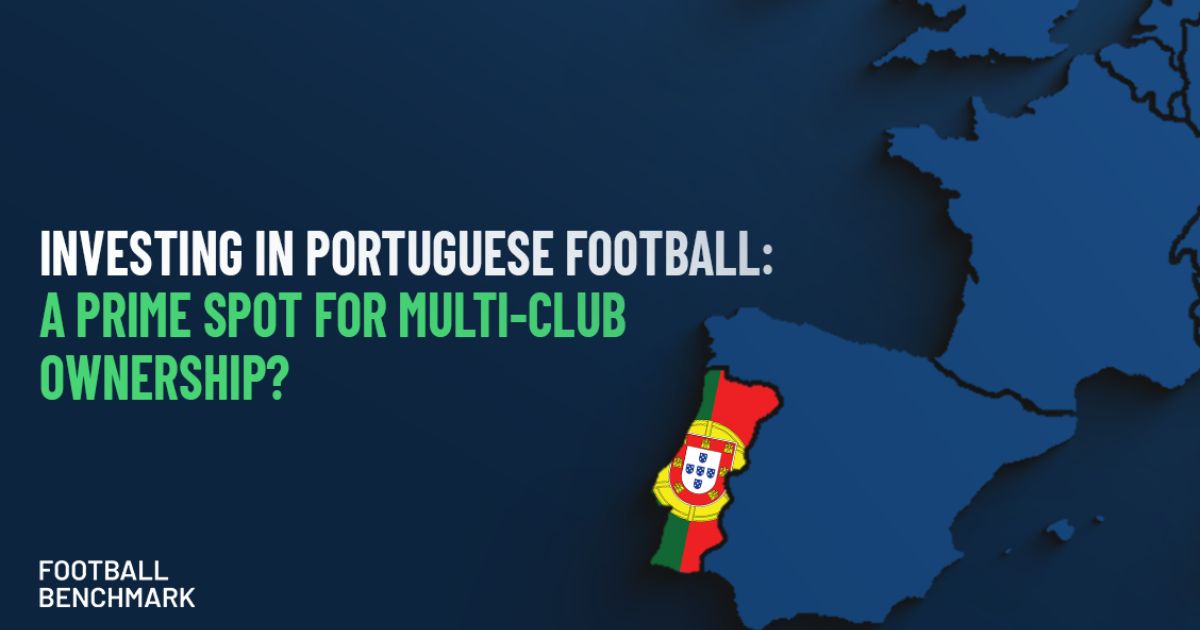SFS is pleased to announce a partnership with AMB Elettronic, a leading Italian company in the field of electronics applied to sports. Founded in 1994 in Adria (RO), AMB Elettronic specializes in the design and manufacture of electronic substitute scoreboards used in international sporting events and recognized by organizations such as FIFA and UEFA.
The quality and innovation of AMB’s products-including the famous Delta whiteboards with LCD display and programmable memory-represent a perfect example of made-in-Italy excellence. In addition to this, the company also makes extendable stadium tunnels, combining functionality, safety and customization.
The partnership with SFS, celebrates the coming together of sports and technology, two worlds that increasingly dialogue to enhance the experience on and off the field. This collaboration recognizes AMB Elettronic ‘s official status as a “Partner” of SFS 25, giving the company integrated and structured visibility within the event, as well as in SFS Snacks.
AMB Elettronic is a Partner of the SFS
SFS is pleased to announce a partnership with AMB Elettronic, a leading Italian company in the field of electronics applied to sports. Founded in 1994 in Adria (RO), AMB Elettronic specializes in the design and manufacture of electronic substitute scoreboards used in international sporting events and recognized by organizations such as FIFA and UEFA. The quality and innovation of AMB's products-including the famous Delta whiteboards with LCD display and programmable memory-represent a perfect example of made-in-Italy excellence. In addition to this,
SFS and Villarreal CF present SFS Snack: “Soccer infrastructure and urban development”
SFS (Social Football Summit) and Villarreal CF are proud to announce the next edition of SFS Snack, a short-form international conference dedicated to the soccer industry, to be held on April 15 at the famous Estadio de la Cerámica. SFS Snack Vila-real will bring together high-level speakers, including representatives from major clubs such as Villarreal CF, AS Roma and Valencia Basket Club, as well as managers of international brands such as Ascale. The event, titled "Football, infrastructure and urban development," will
“FROM YOUTH FOOTBALL TO BIG-TIME FOOTBALL: TALENT MANAGEMENT”
The conference, organized by Lega Serie A in collaboration with SFS, was held before Milan-Cagliari, the Primavera Coppa Italia Final. Yesterday morning, in the prestigious setting of the Palazzina Appiani inside the "Gianni Brera" Civic Arena in Milan, the conference "From Youth Football to the Football of the Grown-ups - The Management of Talent" was held, organized by Lega Serie A and the SFS, on the occasion of the 2024/2025 Primavera Italian Cup Final. The meeting was an opportunity to take
Bluenergy Stadium solar farm at the center of soccer’s first energy community
Press release published on the official website of theUdinese Calcio. An unprecedented sustainability and solidarity initiative comes to life around the 1.1 MWh/year photovoltaic park at Udine Stadium Udinese Calcio and Bluenergy Group's joint commitment to environmental and social sustainability takes an extraordinary new step today. As the two clubs announce the completion of work on the photovoltaic system housed on the roof of Bluenergy Stadium, a new project involving the Friuli Venezia Giulia region and society comes to life. THE ENERGY COMMUNITY "Energy
SFS at the European Parliament: A Success for the Future of European Football
SFS Snack Brussels – Football and Europe: rules, rights and priorities The SFS Snack Brussels event concluded with great success, bringing the debate on European football governance to the heart of European institutions. Hosted at the prestigious European Parliament, it provided a unique opportunity for institutions, experts, and industry professionals to discuss the regulatory, economic, and social challenges that will shape the future of football in Europe. The event was introduced by institutional remarks from MEP Nicola Zingaretti "uniting Europe means uniting society and
Discovering Jean-Louis Dupont, the Architect of the Historic Bosman Ruling
Discovering Jean-Louis Dupont, the Architect of the Historic Bosman Ruling The man who, wearing the judicial robe, has revolutionized the features of global football on two distinct occasions. The Belgian lawyer will be one of the speakers at the SFS Snack in Brussels. The football lawyer. We can define Jean-Louis Dupont like this, but summarizing such an influential personality with three words would even be reductive. His figure is closely linked to two watershed events in the football context: the Bosman ruling
Investing in Portuguese football: a prime spot for Multi-ClubOwnership?
Analysis by Football Benchmark 1. Portugal boasts a strong player development ecosystem, with elite academies consistently producing high-value talent that moves to Europe’s top leagues.2. The country’s historical and linguistic ties to some areas of South America and Africa provide a competitive edge in scouting and integrating emerging talent.3. Favourable regulations, including unrestricted recruitment of non-EU players, enhance Portugal’s appeal as a key market for international talent development.4. The relatively low acquisition costs of Portuguese clubs, coupled with expected revenue growth
SENSATIONNELLES 2025: Intermarché in support of women’s soccer and inclusion
Launched in 2022 as part of the partnership between Intermarché and the French Football Federation (FFF), the SENSATIONNELLES by Intermarché program continues to promote women's soccer in amateur clubs, contributing to the personal growth of young people and strengthening ties with local territories and sports realities. Since its inception, the project has received 777 applications and awarded nine clubs for their initiatives aimed at social inclusion, accessibility, disability support, health and personal development. On the occasion of International Women's Day,
Stadium Business – Strategies to optimize matchday revenues
For decades, matchday revenue has been a cornerstone of football club finances, alongside broadcasting and commercial income. However, new fan engagement trends and technological advancements are challenging traditional ticketing models. Clubs must now adapt to a rapidly changing landscape where fan expectations, digital innovation, and commercial pressures require a more dynamic, data-driven approach to stadium monetization. In this article, we explore some of the strategies football clubs are implementing to maximize their matchday revenues. Defining matchday revenues Before the analysis, it is
The new Champions League on Sky: between technology, excitement and an increasingly engaging narrative
Since the 2024-2025 season, European soccer has changed its face with the new cup format, a revolution involving the Champions League,Europa League and Conference League. A total of 51 evenings, over 500 games and more than 342 competitions, with unprecedented coverage. Sky and NOW have secured the exclusive broadcast of 185 out of 203 Champions League matches, bringing audiences to the center of an increasingly immersive experience, on and off the field. But soccer reporting today is no longer just about




